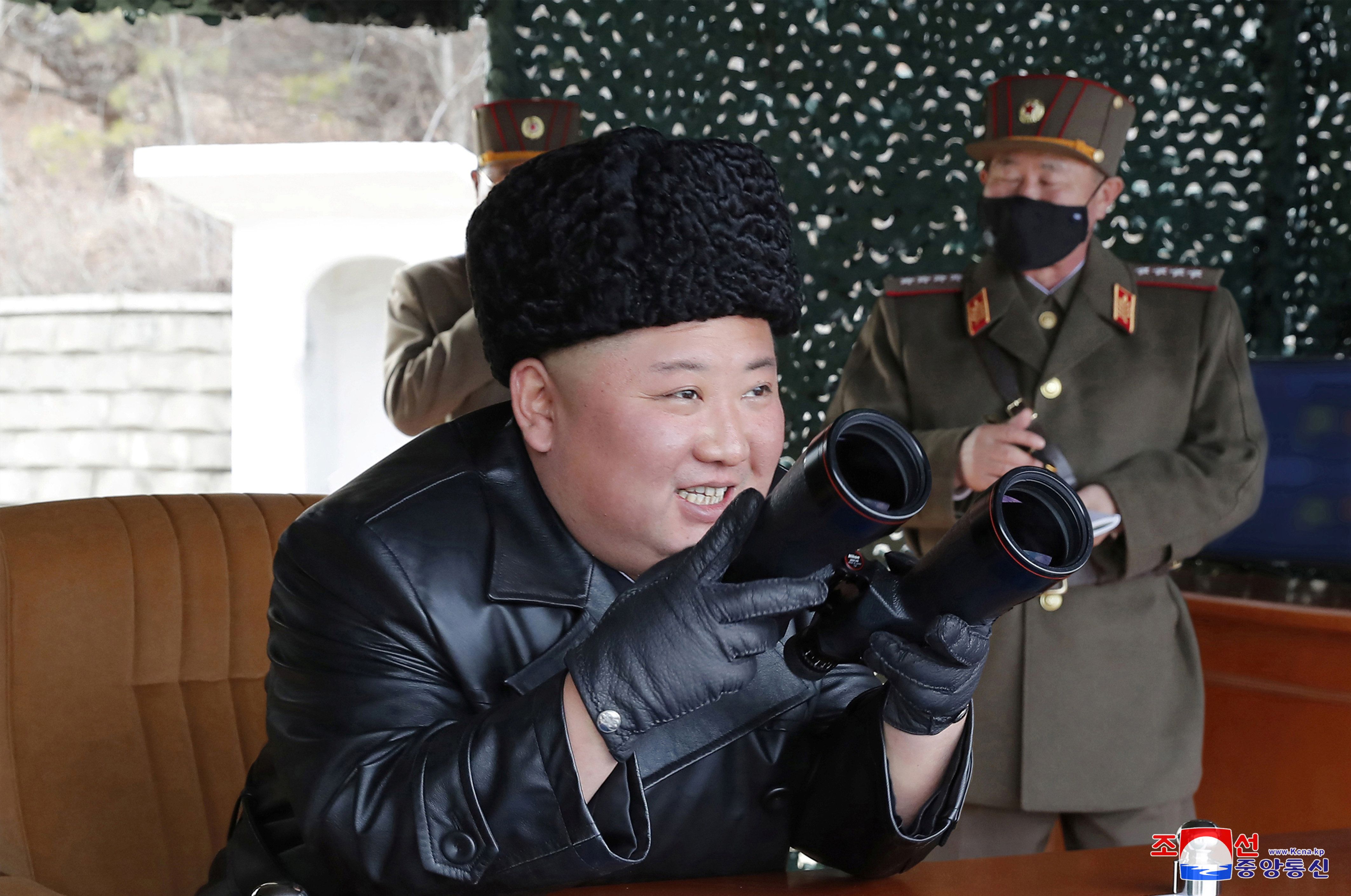What We're Watching: Super Tuesday, NK missile test, and a coronavirus pop track
Super Tuesday: The first "big bang" vote of the 2020 US presidential election is here. On Tuesday, voters in 14 states – along with American Samoa and a broader category called "Democrats Abroad" – will choose among the contenders for the Democratic presidential nomination. Their votes will then be translated into delegates sent to the Democratic Party national convention in July. We aren't so interested in the play-by-play of who wins which state and how it gets spun, because the big question is this: do the Super Tuesday results give Senator Bernie Sanders an insurmountable delegate lead or not? That's plausible, because Democrats allot their delegates based on proportions of vote counts rather than as winner-take-all by state. That system makes it harder to catch a frontrunner who opens a clear lead. If Bernie emerges with an overall lead of 300 delegates, he'll become an overwhelming favorite to take on President Trump. If Sanders' lead is just 100 or so, then former Vice President Joe Biden – whose moribund campaign was revived by a strong showing in South Carolina – still has a real chance.
North Korea fires more missiles into the sea: On Monday, North Korea launched two short-range missiles that landed in the Sea of Japan. The missile test, Pyongyang's first since November, comes days after the US and South Korea suspended an annual joint military drill (which always irks Kim Jong-un) because the South is dealing with an outbreak of the coronavirus. While this missile launch was less provocative than some of North Korea's previous tests, Kim Jong-un seems to be sending a message: "pay attention to me!" After all, it's now exactly one year since the Hanoi summit between him and President Trump, which ended without any breakthrough in nuclear talks. North Korea remains under crippling US and UN sanctions.
What we're listening to: An incredibly catchy pop/club tune (with animated video) called "Jealous Coronavirus," about how to stop the spread of the disease. No, it's not by hitmakers Max Martin or Dr Luke. It's by the Vietnamese Health Department. Watch it here.
